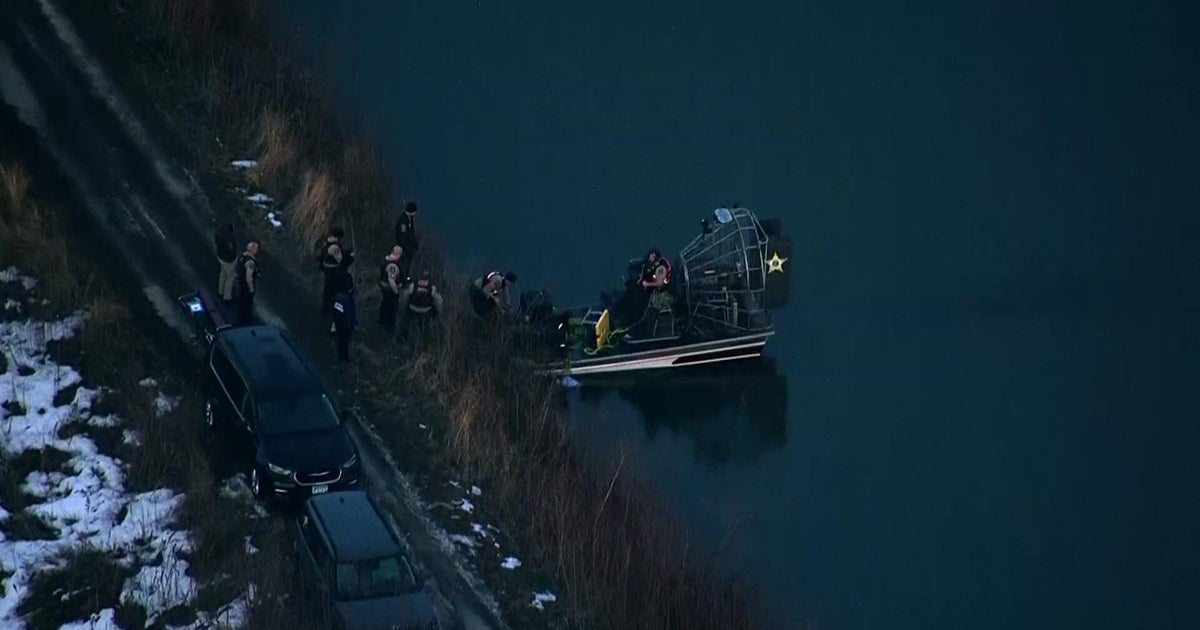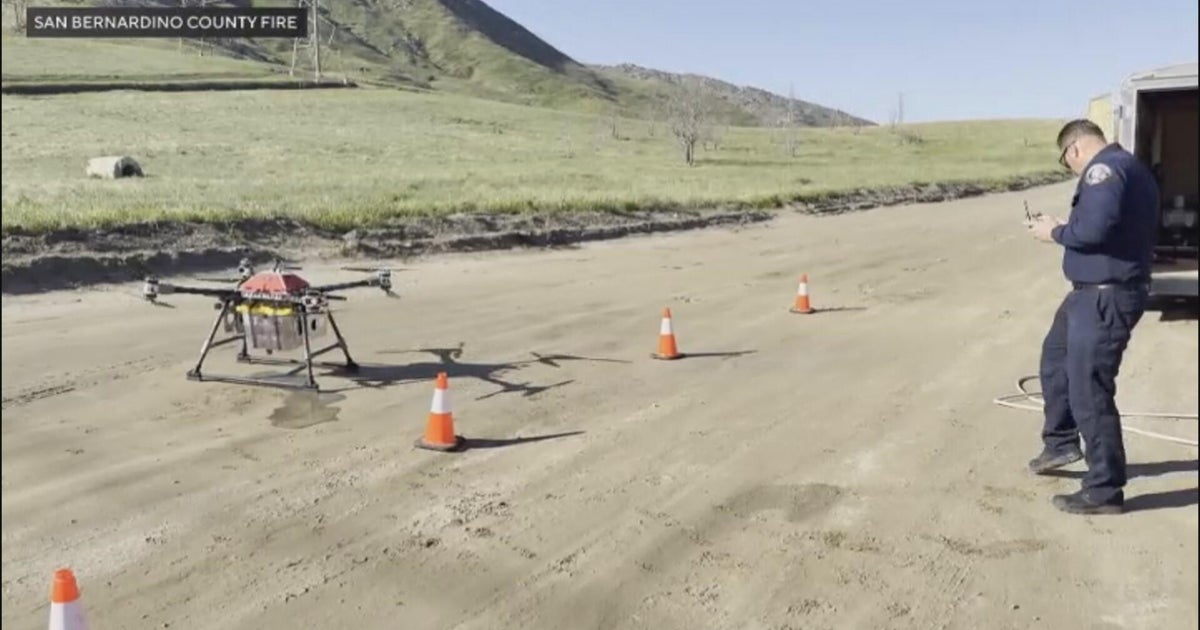The impact of extremely cold water on your body
The massive snowmelt means our waterways are running fast and cold, but what really happens to your body when you jump into frigid water?
The physical reaction to entering cold water is called "cold shock response", and if it happens when you're underwater, it can be lethal.
As soon as you jump into cold water, your skin senses it and cold receptors tell your brain that your skin has cooled very quickly.
How does your body react once you enter cold water?
There will likely be an initial "gasp", followed by rapid and uncontrollable breathing. Your heart rate and blood pressure will also go up.
That's the cold shock response and it should be treated with caution.
Doctors say we need to enter cold water very slowly. Before we start to swim and splash around, make sure your breathing is controlled. That will keep your body from taking in one or two larger-than-normal inhalations.
Medical experts say if that happens when you're underwater, it could be lethal.
If you stay in cold water for too long, you might experience a loss in strength and coordination, no matter how expert a swimmer you are.
Your arms will really start to feel it. When you go from a smooth to a splashy stroke, it's a good sign to get out.
Of course, you don't need to worry about getting out if you never get in.
The message: stay out to stay alive. The water could be deadly cold.
With the unofficial start of summer here, be smart and safe while still having a good time. Keep an eye on the kids near the waterways, especially this year.







